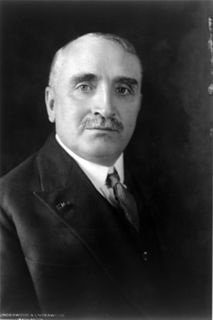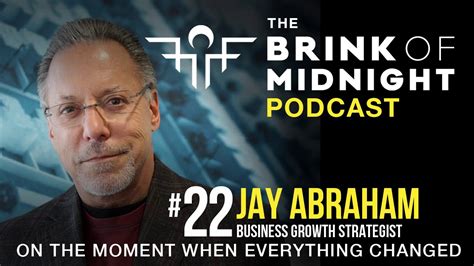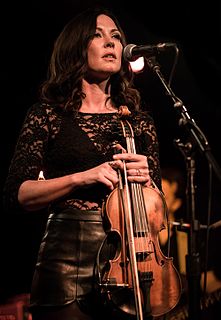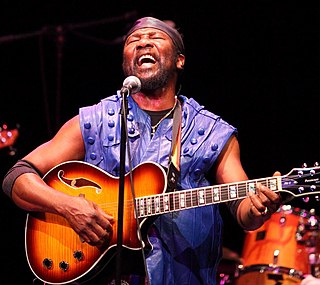A Quote by Paul Claudel
The words I use Are everyday words and yet are not the same! You will find no rhymes in my verse, no magic. There are your very own phrases.
Related Quotes
A layman will no doubt find it hard to understand how pathological disorders of the body and mind can be eliminated by 'mere' words. He will feel that he is being asked to believe in magic. And he will not be so very wrong, for the words which we use in our everyday speech are nothing other than watered-down magic. But we shall have to follow a roundabout path in order to explain how science sets about restoring to words a part at least of their former magical power.
Make your copy straightforward to read, understand and use. Use easy words; those that are used for everyday speech. Use phrases that are not too imprecise and very understandable. Do not be too stuffy; remove pompous words and substitute them with plain words. Minimize complicated gimmicks and constructions. If you can't give the data directly and briefly, you must consider writing the copy again.
Your circumstances will line up with your words. ... Words are like seeds, they have creative power. ... The more you talk about it the more you call it in. ... Your words will give life to what you are saying. ... You can change your world by simply changing your words. ... You can use your words to bless your life or curse your life.
Kids use words in ways that release hidden meanings, revel the history buried in sounds. They haven't forgotten that words can be more than signs, that words have magic, the power to be things, to point to themselves and materialize. With their back-formations, archaisms, their tendency to play the music in words--rhythm, rhyme, alliteration, repetition--children peel the skin from language. Words become incantatory. Open Sesame. Abracadabra. Perhaps a child will remember the word and will bring the walls tumbling down.
Reggae is a message of consolation; a message of salvation. The youth are going to the school and they have to listen to the words. The parents have to listen to the words. God has to listen to the words. So, we have to make it positive. If you sing nursery rhymes, it is nothing. You just blow up tomorrow, and the record dies at the same time. But if you give positive words, that song lives forever.
The dictionary is like a time capsule of all of human thinking ever since words began to be written down. And exploring where words have come from can increase your understanding of the words themselves and expand your understanding of how to use the words, and all of this change happens in your thinking when you read the words.
Such words as amen, hallelujah, glory and others of like sacred association are repeated endlessly and meaninglessly in the apparent belief that they have in them some strange power for good. This can be no more than high-grade magic. It will pay us to search our own hearts thoroughly to discover just why we use these words.
The words 'maybe' and 'perhaps' are literally the same - the flavor is the same, the educational level is the same. But you just know when to use maybe and when to use perhaps. I think it's because of this: You get to know the tastes or musical tastes of words themselves, and this informs your choice, whether you use them or not.




































